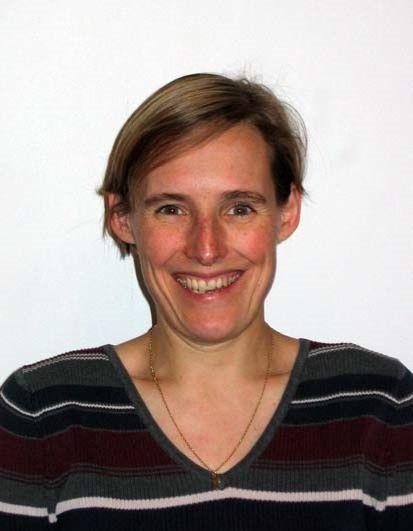Press release -
Response to new data on the impact of stoves on health of children.
Practical Action have issued a response following the release of findings from a new study into the effects of improved stoves in Malawi.
We are currently running a ‘Stop the Killer in the Kitchen’ campaign and the findings of the study, published in The Lancet have led to some questions around the value of our work.
Our work in Nepal goes beyond provision of just an improved stove, enabling families to get financing for a smoke hood, or chimney, as well as a stove, thus substantially improving indoor air quality over time.
Practical Action’s policy lead for the campaign, Dr Lucy Stevens, said: “The results of this new study are, sadly, unsurprising.
“Levels of exposure to smoke must reduce dramatically before we should expect a measurable impact on
pneumonia. We believe our work in Nepal is reducing levels of exposure more effectively than in this study.
“We have combined an improved stove, admittedly not as lab-efficient as these Philips stoves, with a smoke hood. We have measured exposure levels of 120 µg/m3 on average, which is approaching the WHO interim target level of 75 µg/m3 (in a 24-hour average).
“However, Practical Action is not a health research charity. We do not have the skills or resources to carry out the kind of large-scale randomised control trial that was done in Malawi. As such, these kinds of studies are vital to our collective understanding of the linkages between a technology, its uptake and use, the benefits it brings to poor people.
“I would urge people to remember there are a wide range of health, gender and environmental benefits from improved stoves and smoke hoods that are important to poor people beyond rates of severe illness, such as a reduction in burns, a reduction in the time women spend collecting fuel and sometimes a reduction in deforestation.”
The World Health Organisation has for some time now been studying the impacts of exposure to indoor and outdoor air pollution on health.
Their most recent studies reveal that exposure to indoor air pollution causes over 4 million deaths a year. Half a million of these deaths are to children under 5 years from pneumonia.
Dr Stevens added: “As part of their research, WHO has shown that it takes dramatic reductions in a person’s exposure to smoke before there is much impact on their health. Even a 50 oer cent reduction, for example, will only have a limited impact on health outcomes.
“So a key finding from this study is that, despite their best efforts, distributing stoves alone will not reduce exposure to indoor air pollution sufficiently to achieve the hoped-for health impacts. This underlines how difficult it is to reduce levels of smoke to acceptable limits and the scale of the challenge we face in addressing this problem.
“We understand that further data on the reduction in the levels of personal exposure to smoke achieved in the study in Malawi will be published soon in a separate article and we are looking forward to seeing the results of that.”
To see a recent report on the impact of household air pollution, click here.
Find more detail about the science behind the study here. For specific information, or an interview with Dr Stevens, please contact Andrew Heath on 01926 634552.
Topics
- Energy issues
Categories
- technology
- poverty
- nepal
- environment
- energy
- development
- smoke
- research
- air pollution
Practical Action uses technology to challenge poverty in developing countries.
Our strength is our approach. We find out what people are doing and help them to do it better. Through technology we enable poor communities to build on their skills and knowledge to produce sustainable and practical solutions - transforming their lives forever and protecting the world around them.
By doing this each year we help around a million people break out of the cycle of poverty ... for good.

